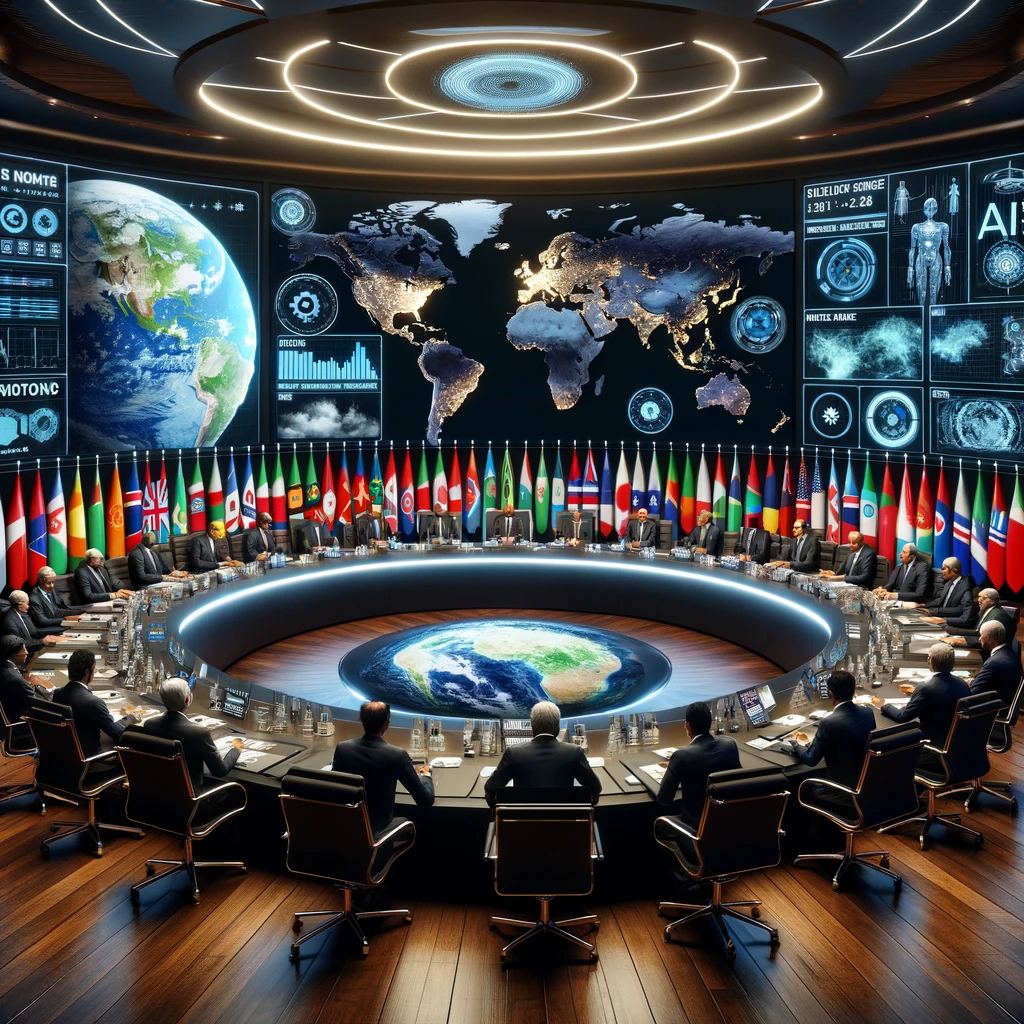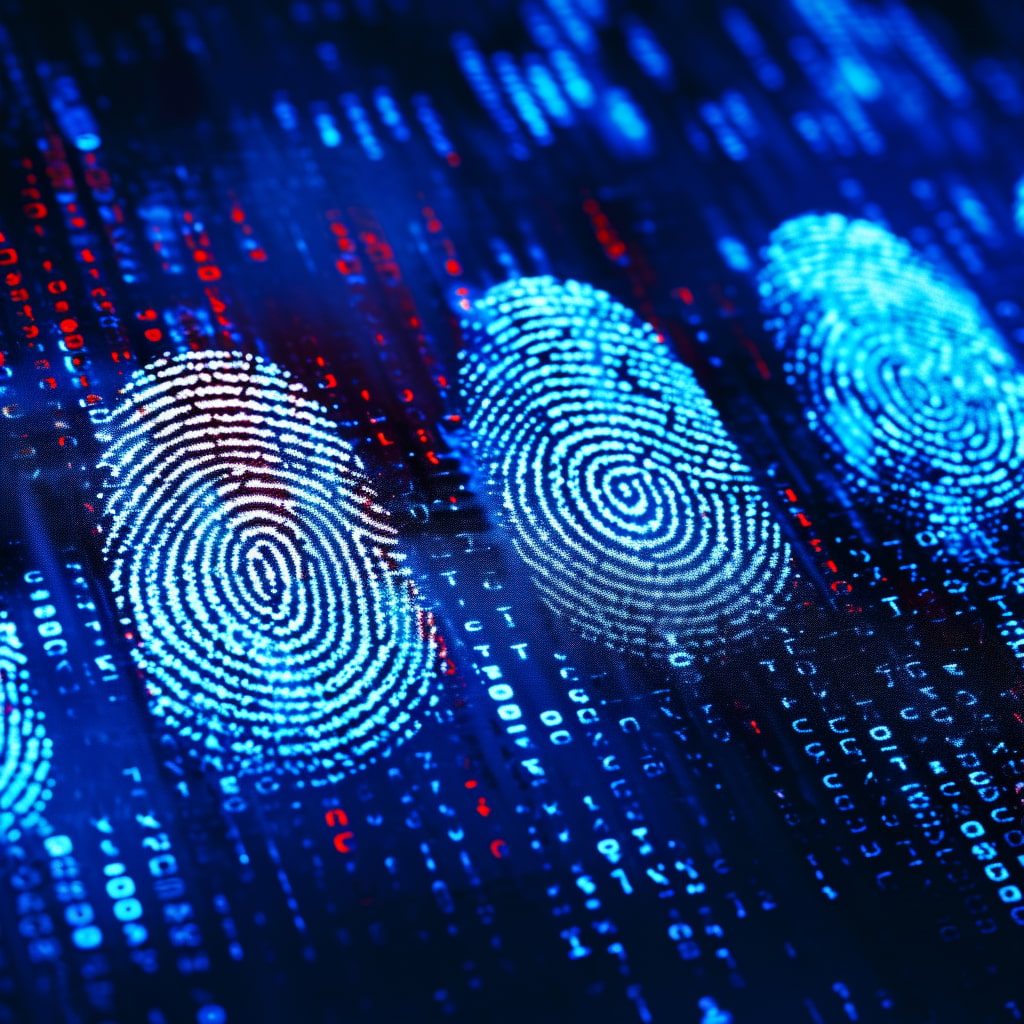The annual gathering of world leaders and elites at the World Economic Forum in Davos, Switzerland, is set to kick off this week, bringing together over 2,800 attendees, including more than 60 heads of state and government. The event will feature discussions on pressing global issues such as climate change, regional conflicts, and the impact of artificial intelligence on society and the economy.
Climate crisis takes center stage
The urgency of addressing climate change has never been more evident. Recent reports from top climate scientists have shown that average global temperatures reached record highs in the past year, underscoring the need for immediate action. John Kerry, who is stepping down as President Biden’s climate adviser, will participate in a panel discussion on a US-backed initiative aimed at involving the private sector in the development of low-carbon technologies.
Forum organizers have highlighted the significance of transitioning away from fossil fuels, as agreed upon during the UN climate conference in Dubai last month. Climate finance is expected to be a key topic of discussion, given the presence of influential financial leaders at Davos.
Global conflicts and regional tensions
Amidst the discussions of climate change, the world’s attention remains focused on ongoing regional conflicts and tensions. The recent three-month war between Israel and Hamas in Gaza, as well as US and British airstrikes on Houthi militants in Yemen, have added to the complex landscape of global conflicts.
Israeli President Isaac Herzog and leaders from Qatar, Jordan, and Lebanon will attend the event. A “humanitarian briefing on Gaza” is scheduled to address the humanitarian crisis in the region. The shadow of Ukraine’s defense against Russia also looms large, with President Volodymyr Zelensky in attendance.
Artificial intelligence: A driving force for change
Artificial Intelligence (AI) will be a major theme at this year’s Davos, reflecting the growing importance of technology in shaping our future. More than 30 sessions will delve into the role of AI in the economy and society, touching on topics such as AI in education, transparency, ethics, and its impact on creativity.
OpenAI’s Chief Sam Altman and top executives from Microsoft, a key player in AI development, will be among the participants. The emergence of AI, including models like OpenAI’s ChatGPT, has raised awareness about the power and potential risks associated with AI. Forum organizers have expressed concerns about the threat posed by AI-generated misinformation and its impact on democracies, leading to a session on “bots and plots.”
Bridging divides in a changing world
As the world grapples with geopolitical tensions, discussions at Davos will also address the growing divide between dictatorships or autocracies and democratic countries. Back-to-back addresses by Prime Minister Li Qiang of China and Ursula von der Leyen, the President of the European Commission, will underscore these contrasts.
French President Emmanuel Macron, US Secretary of State Antony Blinken, and Argentina’s new president, Javier Milei, will also share their perspectives on global challenges. The ongoing conversation about a new Cold War and contested elections in various countries will add to the complexity of discussions.
In a world facing a multitude of pressing issues, the World Economic Forum in Davos serves as a platform for leaders to come together and engage in dialogue. While it has faced criticism for its exclusivity, it remains an important forum for addressing global priorities and fostering connections among decision-makers from diverse fields and industries.
As the forum unfolds over the coming days, it is expected that innovative solutions, commitments to combat climate change, and discussions on the role of AI in shaping our future will be at the forefront of conversations in the picturesque Alpine town of Davos.





